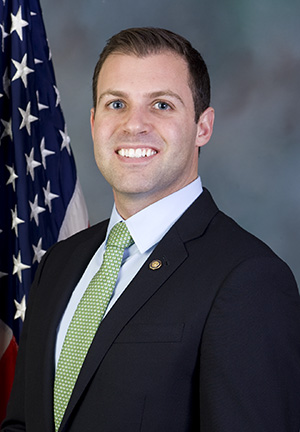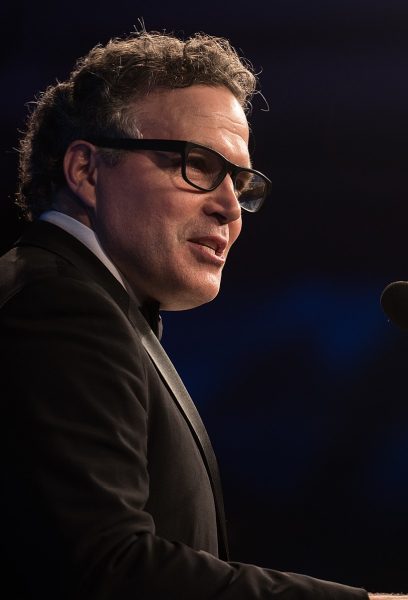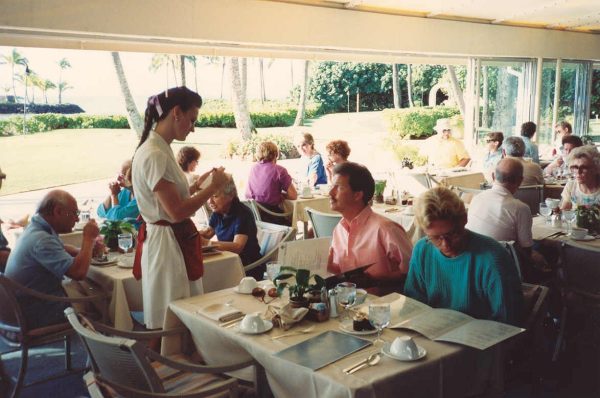Better Political Conversations: Advice from Dr. Haddad and Political Science Students

Teaching political science in a battleground state and a valley that has been critical to past election outcomes can be intense.
In political theory courses, we don’t just study the history of political ideas or contemporary political theory — we also consider how to have more thoughtful and informed political conversations beyond the classroom in this age of U.S. political polarization.
I’d like to share the collective insights for more constructive conversations developed by the 2021 Spring semester’s group of students in POSC 120: Introduction to Political Thinking:
Don’t hide behind your phone. Go ahead and say “Hello!”
Before you start talking about politics, get to know the other people in terms of what they assume or know about the world in general. Find some common ground.
Before jumping into divisive political issues, ask others what they think human beings are like in general. Do they have a human nature claim or assumption that might be shaping their political views?
How does lived experience influence political thought? Find out more about others as individuals before starting a conversation about politics. Show interest in them and their lives.
Ask the other person questions and listen to the answers. Sometimes questions are more important than answers in a thought process. Sometimes answers, especially first ones, are just opinions we have been carrying around for a long time.
Be a scholar. Read more to be more informed and to have a more complex view, including a better understanding of different perspectives or interpretations.
Use your academic skills to evaluate sources and claims. Set up some criteria that will help you think consciously about what you will accept as knowledge or truth. Ask: How do I know? Why is this true? What makes this source authoritative?
Examine commonplace words that are used in political discourse. You can investigate definitions by asking what a term means and how it works to persuade in a particular context. What is just? What is unjust?
Don’t feel compelled to pick sides. Sometimes there are no sides to pick. And avoid either/or conversations. Often there are more than two sides anyway. It’s okay to listen and analyze. You can make up your mind later. How can we think our way out of either/or arguments?
Engage in political conversations with the intention of building what Harvard political scientist Robert Putnam calls “social capital” by building trust, sharing information, developing networks, engaging in problem solving, and spending leisure time with others. See #1!






Sara J. McClelland • Sep 3, 2021 at 10:54 am
Thank you for sharing this Khristina (and SP2021 POSC 120 students). These are excellent reminders for all of us when engaging in conversations about contentious issues.